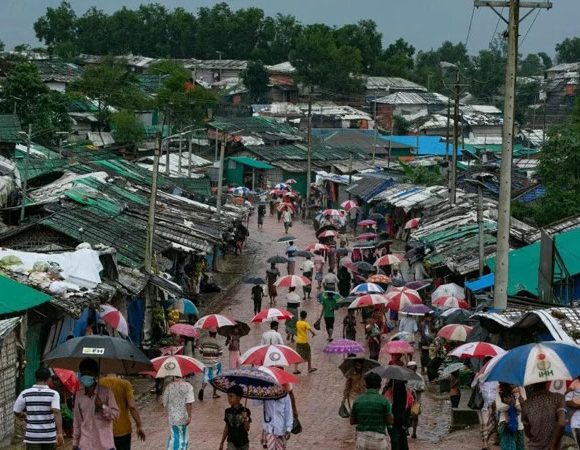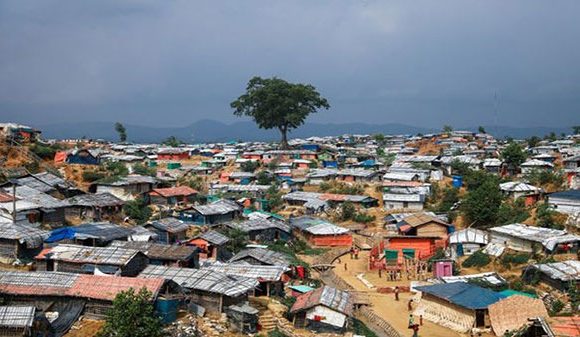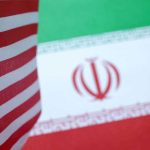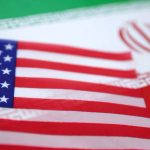July Declaration: Legal protection pledged for protesters and families of the fallen
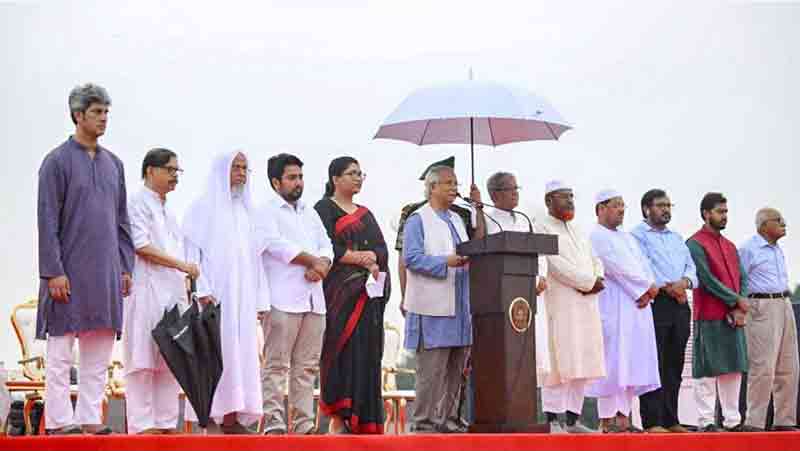
The interim government has formally recognised the victims of last year’s mass uprising, pledging legal safeguards for protesters and their families, and vowing constitutional acknowledgement of the events.
Chief Adviser Prof Muhammad Yunus unveiled the July Proclamation on Tuesday, on the first anniversary of the 2024 uprising that led to the ousting of the Awami League government.
Reading the document from the South Plaza of the National Parliament shortly after 5pm, Prof Yunus said the proclamation was intended to reflect “the aspirations of the people of Bangladesh, who triumphed in the mass uprising of August 5, 2024.”
Flanked by leaders of major political parties, the Chief Adviser announced that the people wish to declare the fallen protesters as “national heroes” and ensure legal protection for those injured or involved in the movement.
The proclamation also commits a future elected government to granting constitutional recognition to the 2024 uprising, with the document to be included in the schedule of a revised constitution.
The event began with the national anthem, followed by a minute’s silence in memory of those killed. Sabrina Afroze Semonti, a family member of a slain protester, delivered the opening remarks.
Historical context
Spanning 1,036 words and 28 clauses, the July Proclamation outlines decades of political history, beginning with the injustices of Pakistan’s 23-year rule, followed by unmet public expectations in post-independence Bangladesh.
It references the 1990 mass uprising that brought down military ruler HM Ershad, the 2007 “1/11” emergency takeover, and a series of alleged constitutional and human rights violations during the Awami League’s nearly 16-year rule.
The proclamation accuses the former government of eroding democratic institutions, suppressing dissent, and conducting flawed elections—claims that the Awami League has previously denied.
Tuesday’s ceremony was part of a broader national programme commemorating the first anniversary of the July-August protests, which were sparked by student-led demands to reform the public recruitment quota system and evolved into a wider anti-government movement.

